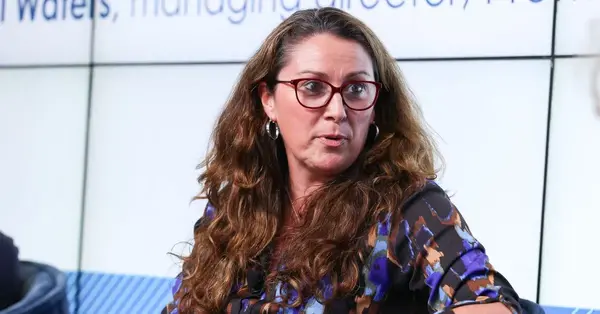Travel firms must change culture to adhere to sexual harassment laws
A leading employment lawyer has called for a change in business culture from the top down as a reminder to travel firms to adhere to new sexual harassment legislation.
TravLaw head of employment law Ami Naru said travel businesses were already obliged to take “reasonable steps” to prevent sexual harassment of employees under the Worker Protection Act 2023 (an amendment of the Equality Act 2010), which came into force a year ago.
Speaking at employment, HR and law forum ABC Live, she said the requirement for businesses to take action would increase next year when the Employment Rights Bill becomes law.
This will see the obligation on firms strengthen to “all reasonable steps” to prevent sexual harassment among staff and third-parties.
Naru stressed it was up to company bosses to lead by example and ensure the new issue was taken seriously across the business.
“The culture has to be ‘top down’; it’s got to be right through your organisation. The difference is that people are prepared to speak out now because they have got full protection of the law whereas before [people thought] it could be career suicide,” said Naru.
She urged travel firms to implement policies and training “as a bare minimum” to meet legal requirements while audits and risk assessments were also good practice.
Some tour operators were already changing terms and conditions to condone certain behaviour among their workforce, she said, adding: “Without these two steps [having a policy and training] I don’t see how you can demonstrate to a tribunal that you have taken reasonable steps.”
She noted the potential for more cases as a result of the travel industry’s many social events, including conferences and overseas fam trips, as well as Christmas parties.
“Conference season is looming; that’s an extension of the workplace,” she said, stressing the importance of ensuring staff having a “port of call” should something happen.
Employees should also not feel under pressure to drink alcohol at work events. She added: “Society has changed. We are not saying ‘don’t have fun’ but what we are saying is that you [the employee] are not obliged to put yourself at risk.”


















